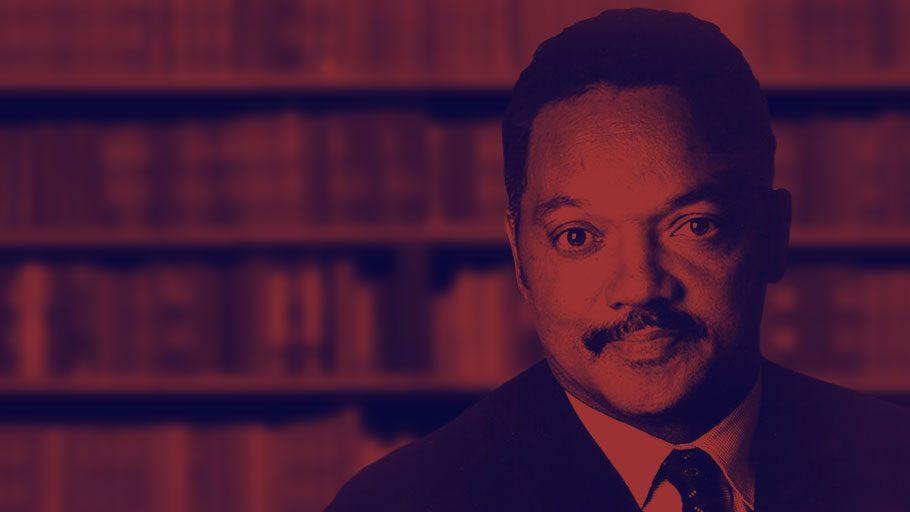Nearly 50 million Americans now are in poverty. One in four children will grow up in impoverished households. Redressing poverty is a national emergency and a moral imperative. In our money-drenched political debate, the poor receive little attention. Yet they could be the key swing vote in this election.
Mitt Romney invoked the poor as part of his attack on Barack Obama’s policies. But his own agenda features devastating cuts in basic support for the poor — Medicaid, food stamps, Head Start, aid to poor schools, public housing, training — to help pay for another round of corporate and personal tax cuts, largely pocketed by the very rich.
Democrats have historically been the advocates of the vulnerable. Social Security, the crown jewel of Franklin Roosevelt’s New Deal, is the nation’s greatest anti-poverty program, dramatically reducing misery among seniors. Medicare and Medicaid, centerpieces of Lyndon Johnson’s War on Poverty, have provided vital health care to the disabled, the poor, the elderly and the dying. Yet now, Democrats focus their rhetoric on the middle class, and not on the vulnerable.
I grew up in a struggling household, and I can tell you that for the poor, the middle class isn’t the next step; it is a distant shore. The middle class seems rich — two parents, good jobs with health-care benefits, homes, paid vacations, college educations.
The poor live concentrated in urban areas or virtually invisible in rural counties. They live far from where jobs are. They can’t afford a car, so they have the greatest stake in public transportation. Their children suffer the highest infant mortality rates, the worst child malnutrition, so public health and child nutrition programs are invaluable. They go to the worst schools, often on mean streets in zones of violence and drugs, so aid to education ranks high on their priorities.
Because the poor tend not to vote, they are often ignored by political campaigns seeking to appeal to “likely voters.” But this reality makes the poor potential swing voters. If they show up in large numbers, they can transform an election, particularly one like the current presidential race where there are few undecided voters left and the biggest question is who shows up to vote.
The battleground states of Ohio, Pennsylvania, North Carolina and Virginia contain vast areas of impoverished Appalachia. As Lyndon Johnson showed, appealing to the poor in Appalachia helps to de-racialize the poverty vote. In fact, most poor people are not black or brown; they are white, female and young. Their vote or non-vote could be the margin of victory in these key swing states. And appealing to the poor — fighting to raise the minimum wage, defending affordable health care for all, pushing for greater investment in public transport and aid to schools, putting forth an agenda to revitalize our urban core areas — can mobilize non-voters in urban and rural areas.
I know this from personal experience. In 1984, my campaign for the presidency focused on reaching and registering poor and minority voters. In 1986, what one southern Senator called the “new voter” transformed the electorate in Georgia and elsewhere and helped Democrats take back the Senate.
Jesus warned we would be judged by how we treat the “least of these.” Feeding the hungry is a moral imperative. But in a democracy, poor people are potentially rich voters. Their votes count as much as those of wealthy voters, and there are many more poor people.
In a democracy, standing up for the poor is not only morally right, it can be politically powerful.
Keep up with Rev. Jackson and the work of the Rainbow PUSH Coalition at www.rainbowpush.org.















